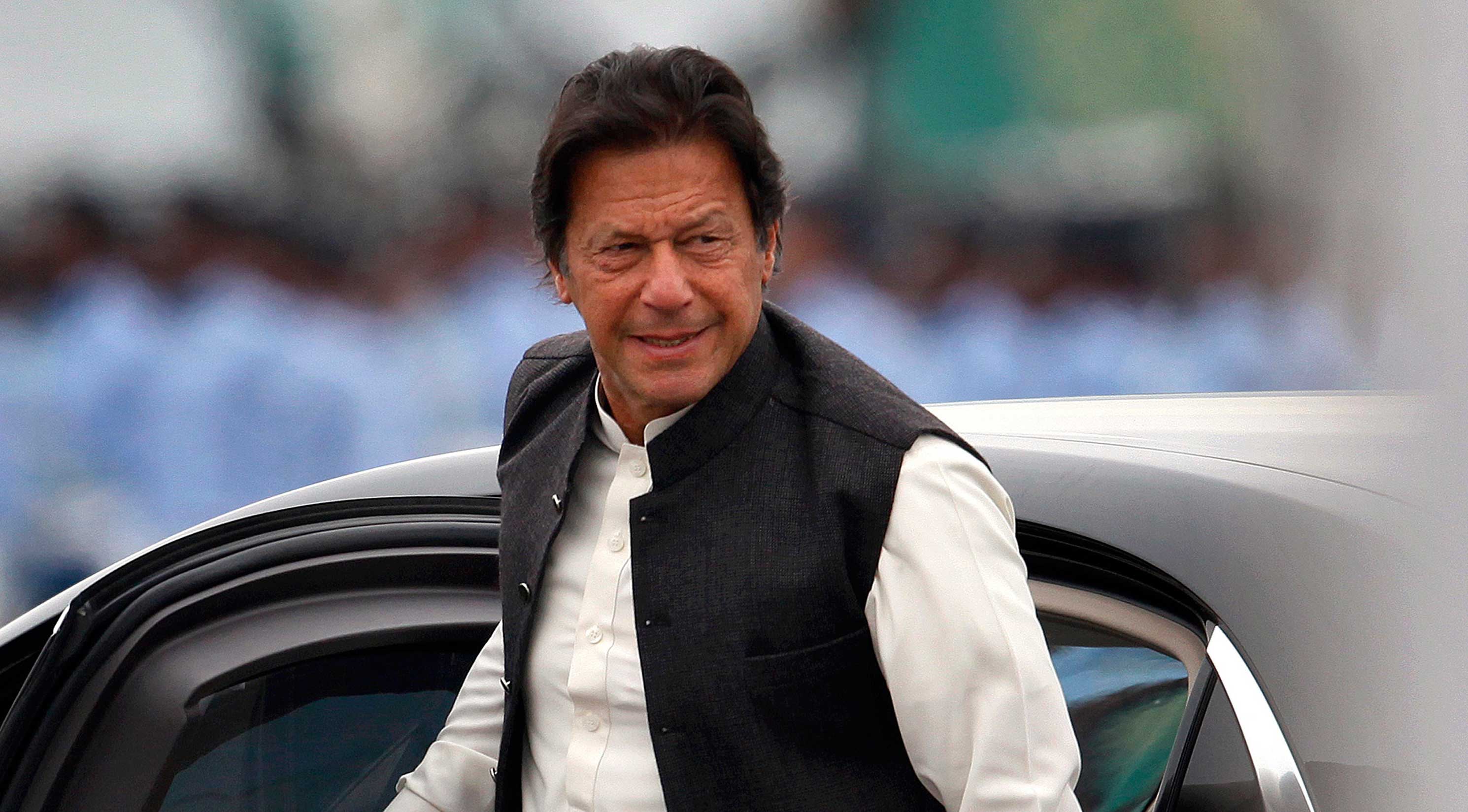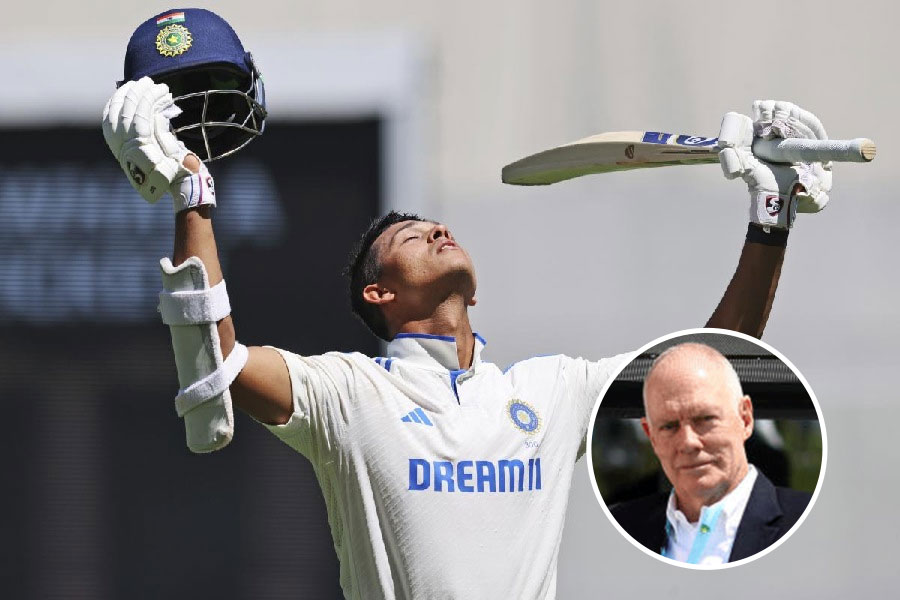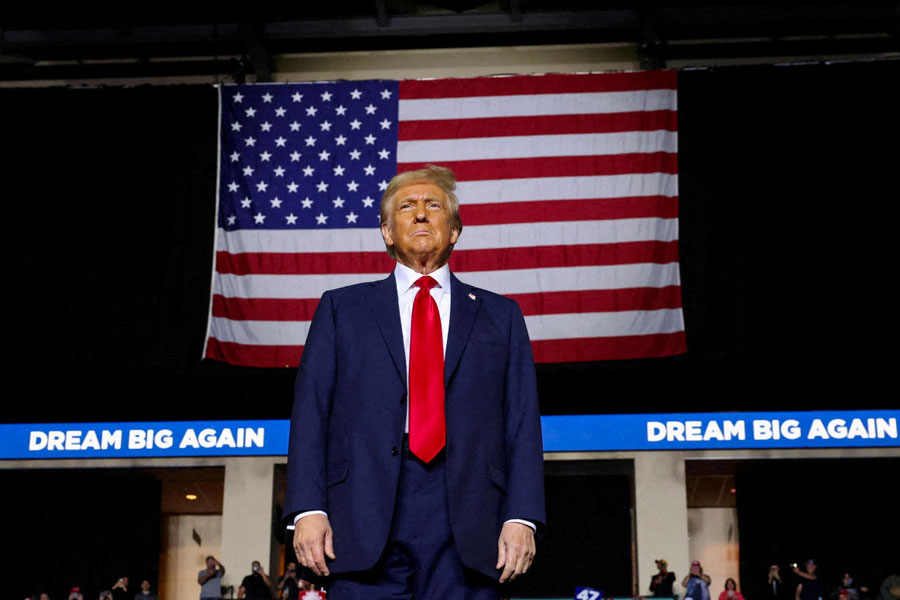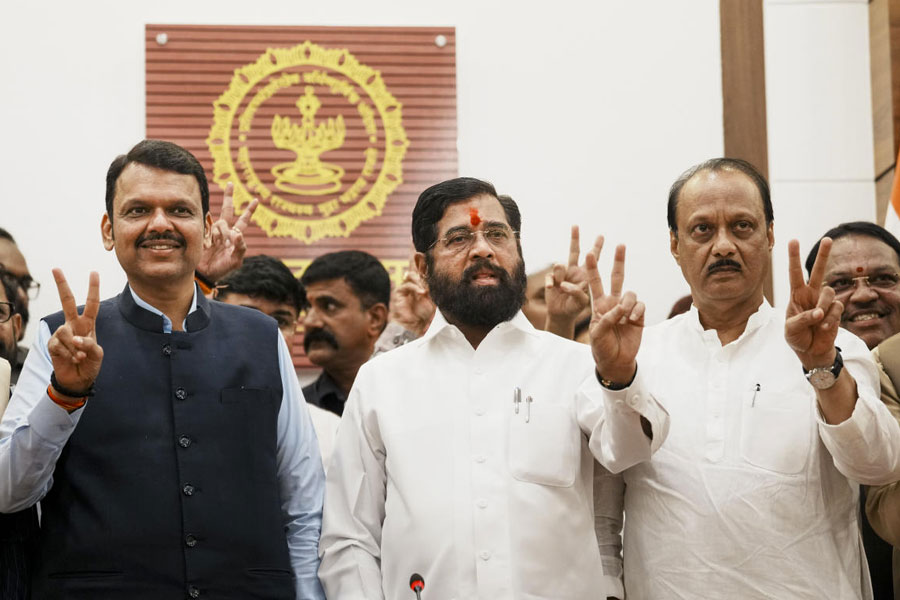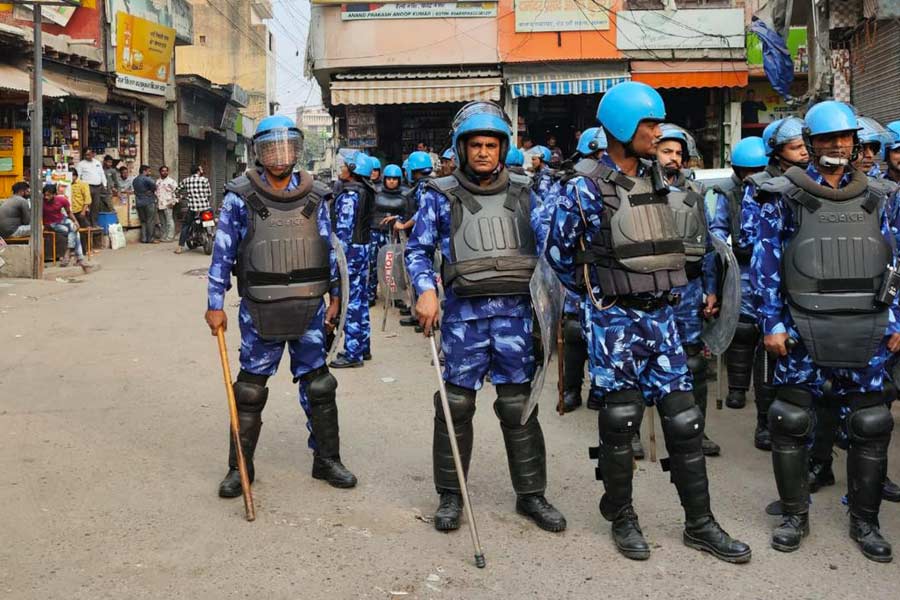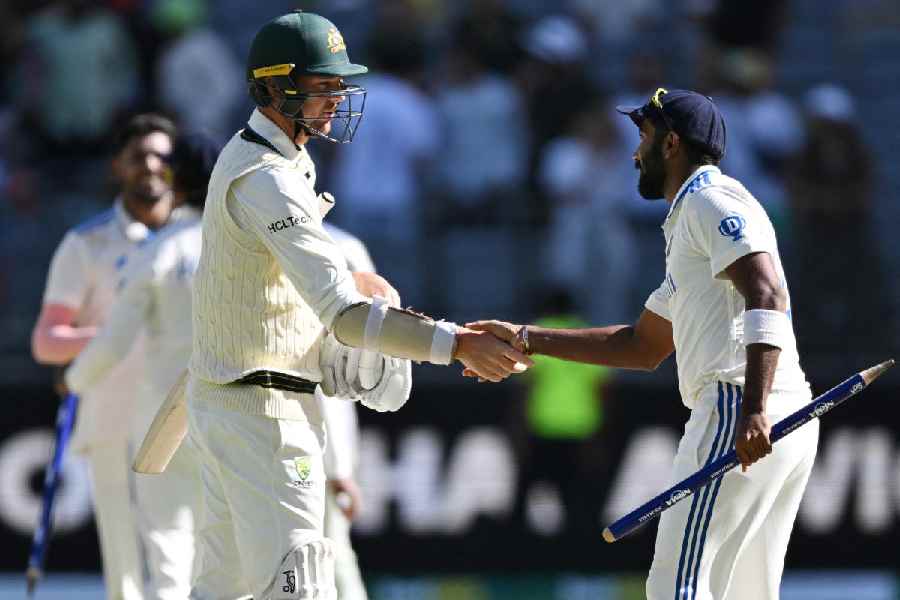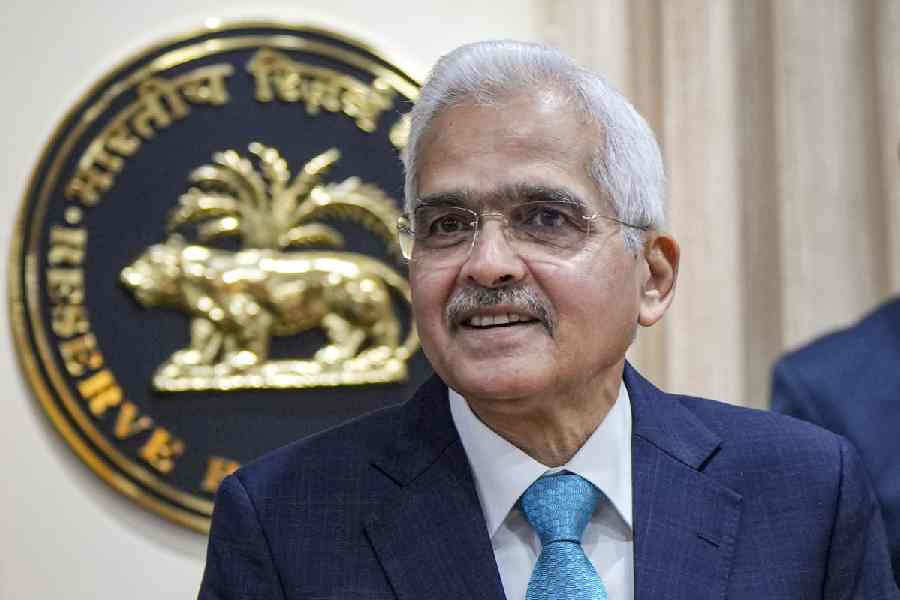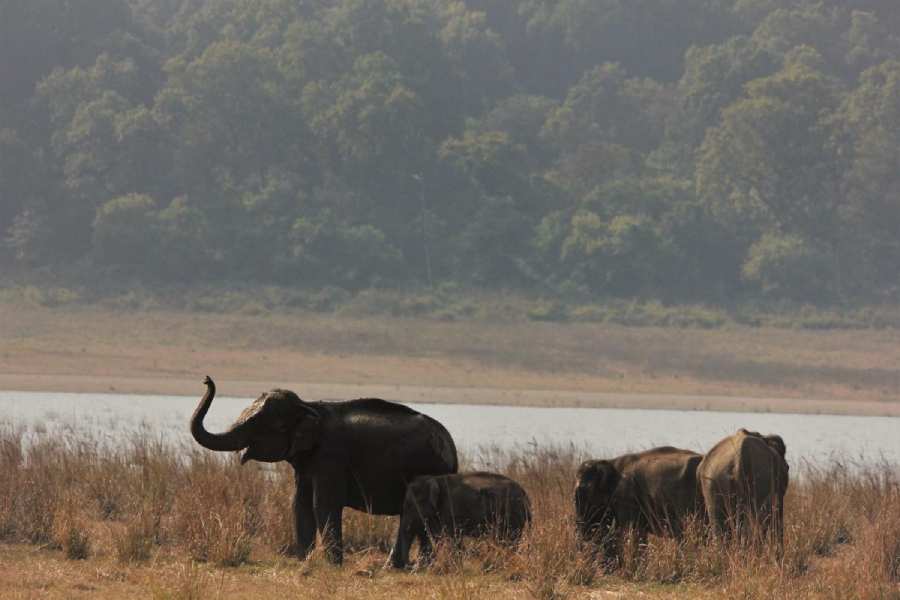Pakistan's decision also included a review of the bilateral arrangements with India, which is largely based on the Simla Agreement, signed between then Indian Prime Minister Indira Gandhi and Pakistani President Zulfikar Ali Bhutto on July 2, 1972. This agreement established that Kashmir is a bilateral issue.
Pakistan has also said that it will take the matter to the UN, including the Security Council and observe August 14 “to be observed in solidarity with brave Kashmiris”.
Pakistan on Wednesday expelled Indian high commissioner Ajay Bisaria, minutes after downgrading diplomatic ties with Delhi in the wake of a 'unilateral and illegal' move to revoke the special status of Jammu and Kashmir.
This was announced after Pakistan Prime Minister Imran Khan chaired a meeting of the National Security Committee at the PMO. The meeting was attended by the top civil and military leadership, during which it was also decided to suspend the bilateral trade and review 'bilateral arrangements'.
'Our ambassadors will no longer be in New Delhi and their counterparts here will also be sent back,' foreign minister Shah Mehmood Qureshi said in televised comments soon after the NSC meeting.
India on Monday revoked special powers to Jammu and Kashmir under Article 370 and bifurcated the state into two Union Territories – Jammu and Kashmir, and Ladakh – after passing the Jammu and Kashmir Reorganization Bill on Tuesday.
While India's high commissioner Bisaria is in Islamabad, his Pakistani counterpart Moin-ul-Haq is yet to take charge in New Delhi.
A statement issued after the NSC meeting said the committee had discussed the situation 'arising out of unilateral and illegal actions' by the Indian government, the situation inside Jammu and Kashmir and along the Line of Control.

